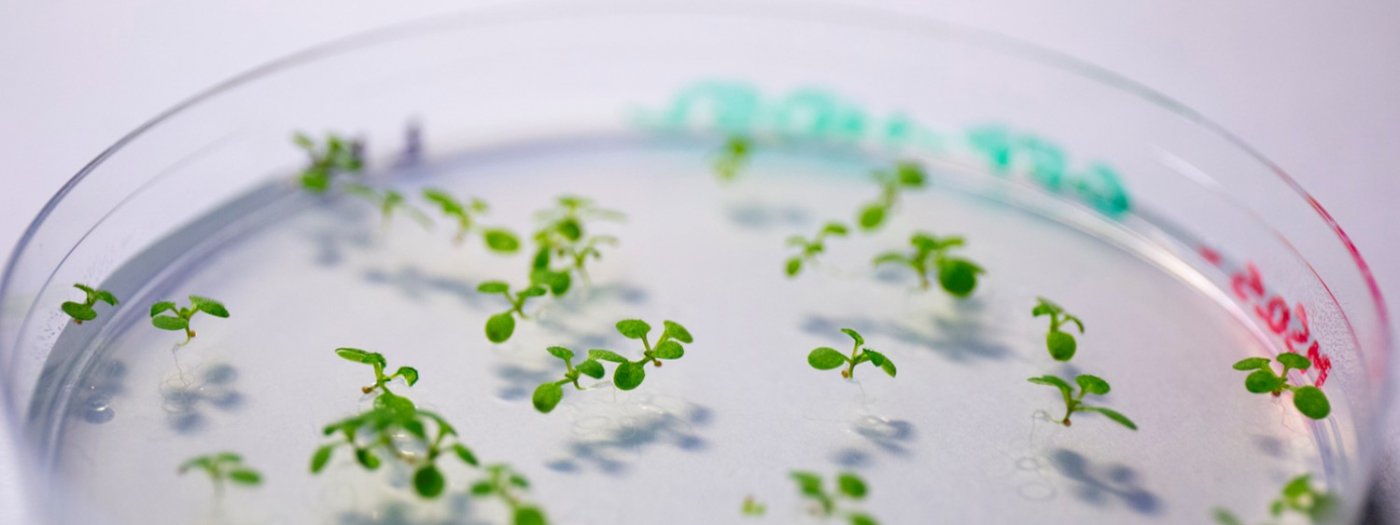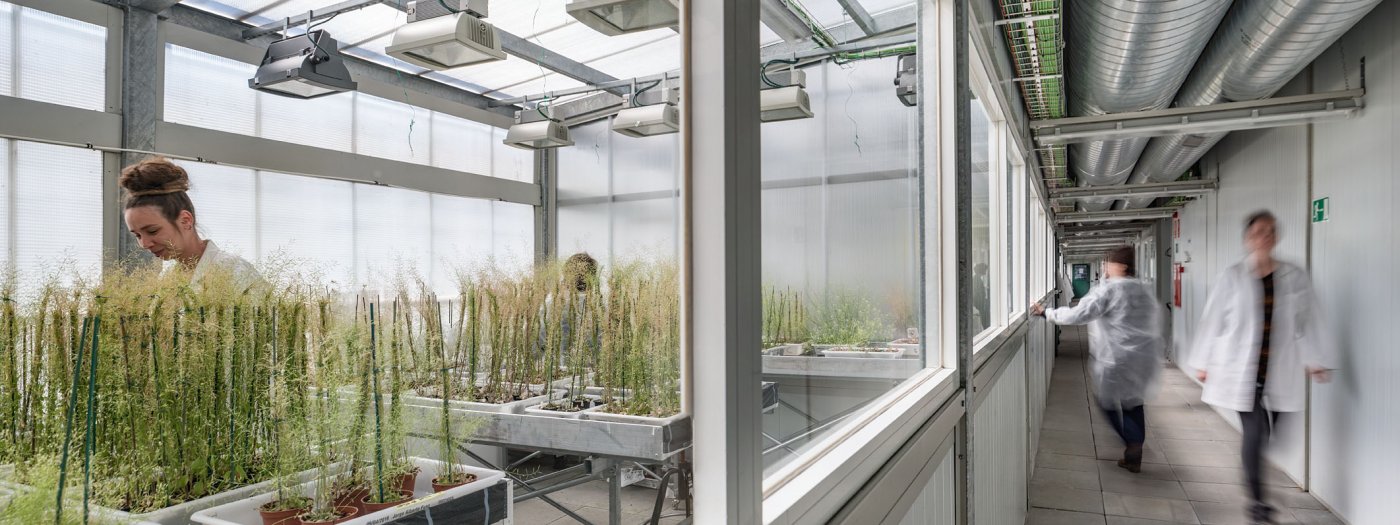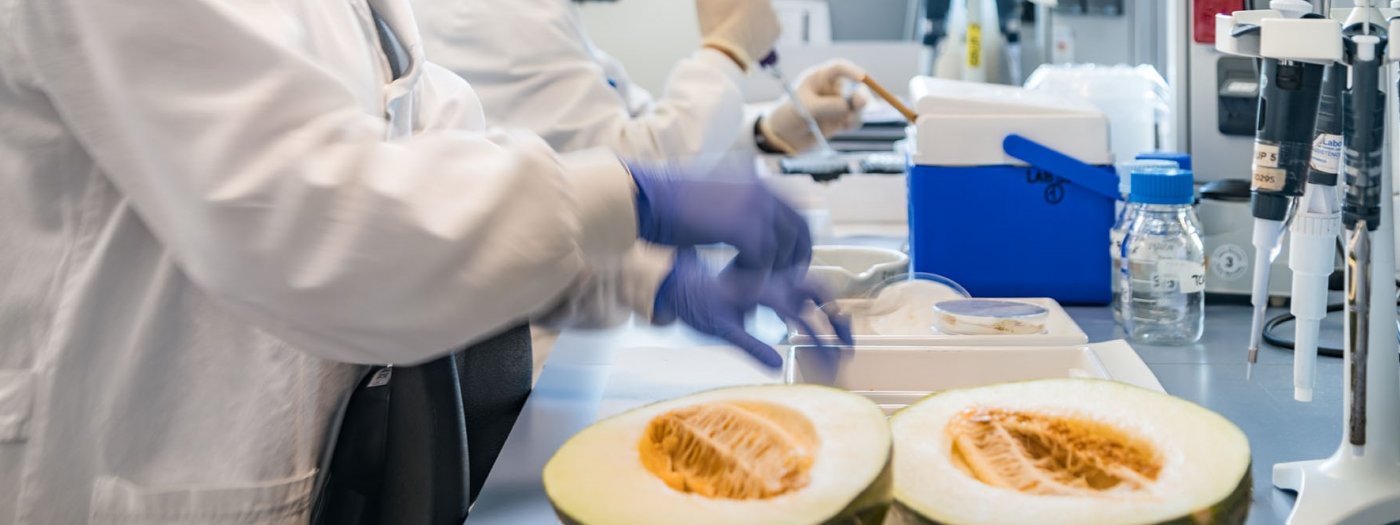Molecular breeding & gene editing: Feeding the world in a changing climate
Can today’s agriculture and food systems feed a world population that is projected to reach more than 9 billion by 2050? This is the 21st century challenge for agriculture: to produce more and better food to feed a growing population with a smaller arable land. To achieve this goal, we will need to increase food production by 70% by 2050 in a sustainable manner.
For thousands of years, farmers have selected crops based on their visible characteristics -the phenotype-. A slow process known as conventional breeding was approached to convert plants that compete well in the wild into plants that perform well in agriculture, producing an important decrease in genetic diversity.
How can 21st century plant scientists help breeders and farmers to obtain more productive crops that, at the same time, are adapted to a changing environment? How can we solve the genetic bottleneck? The answer is in genomics research. In this project you will study the DNA of horticultural species in depth, using molecular biology, genomics and bioinformatics techniques, as well as cutting-edge technologies for genome editing such as CRISPR-Cas.
You will face the challenge of identifying the melon genes underlying different phenotypes, mainly variations in the ripening process and the carotenoid content. You will need to use genetic maps and molecular markers (SSR, SNPs), extract DNA and perform PCR reactions to uncover the genetic variability behind the studied traits. You will also apply bioinformatics tools to pinpoint the unknown genes. Finally, you will design a strategy, based on genome editing, to produce a melon with the desired phenotypic qualities.
With this challenge, you will learn about genomics and you will be able to propose solutions to a real agricultural challenge -the post-harvest loss due to early ripening-, and to produce vegetables with healthier nutrients –carotenoids–.
Join this project and be part of a real agriculture case investigation!
Biotechnology, genetics, biology, agriculture
- To discover the latest molecular biology and genomics tools, used in plant breeding research as well as in other disciplines that make an extensive use of the molecular biology.
- To learn about the cutting-edge biotechnology that is behind the food we eat.
- To think as a researcher. In particular, at the end of the project you should be able to predict a phenotype using molecular markers and to identify candidate genes for important agronomic traits.
Labtop, labcoat









